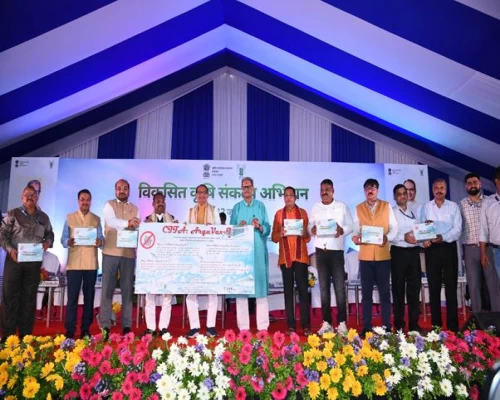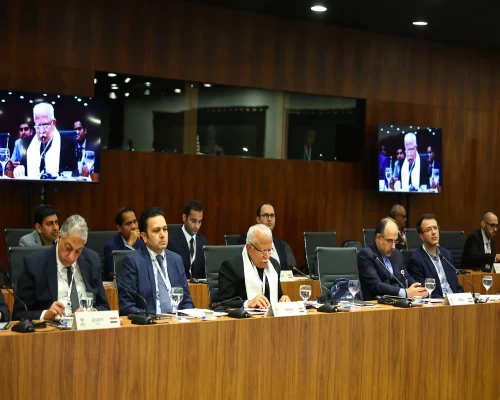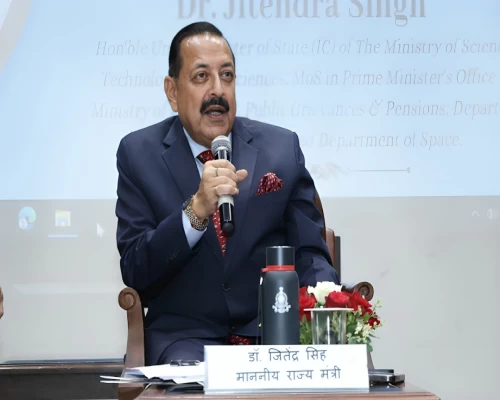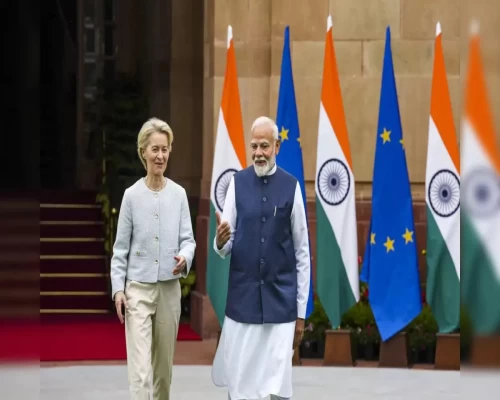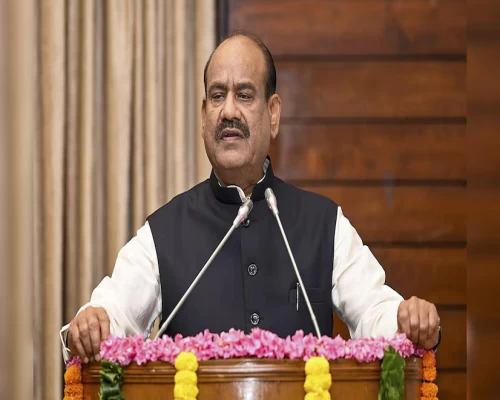
New Delhi: The Department of Telecommunications (DoT) has released the 'Telecommunications (Administration of Digital Bharat Nidhi) Rules, 2024', marking the first set of regulations under the Telecommunications Act, 2023 (Act No. 44 of 2023). These rules, notified through the Government of India's Ministry of Communication, Department of Telecommunications as G.S.R. 530 (E) on August 20, 2024, were initially presented as a draft on July 4, 2024, and underwent a 30-day public consultation period.
The establishment of the Digital Bharat Nidhi under Section 24(1) of the Telecommunications Act, 2023, represents a significant evolution from the earlier Universal Service Obligation Fund created under the Indian Telegraph Act, 1885. This transformation aims to better align with the rapidly changing technological landscape, ensuring that support mechanisms are responsive to current and future needs.
Union Minister of Communications Jyotiraditya M. Scindia highlighted the government's commitment to equitable access to telecom services, describing the new rules as a step towards bolstering India's vision of becoming a developed nation by 2047 (Viksit Bharat @ 2047).
Key Provisions of the New Rules:
The 'Telecommunications (Administration of Digital Bharat Nidhi) Rules, 2024' outline the responsibilities and powers of the administrator who will oversee the implementation and management of the Digital Bharat Nidhi initiative. The rules also specify the criteria for selecting schemes and projects eligible for funding under this initiative, focusing on underserved and remote areas, as well as marginalized groups such as women, persons with disabilities, and economically disadvantaged sections of society.
Projects supported by the Digital Bharat Nidhi must meet specific criteria, including:
Enhancing telecommunication services, including mobile and broadband, especially in underserved areas.
Promoting innovation, research and development, and the commercialization of indigenous technologies.
Encouraging sustainable and green technologies in the telecommunications sector.
Fostering collaboration between academia, research institutes, start-ups, and industry for capacity building and development.
The rules emphasize that any entity receiving funding from the Digital Bharat Nidhi must provide telecommunication services on an open and non-discriminatory basis.
Background on the Telecommunications Act, 2023:
The Telecommunications Act, 2023, was enacted by Parliament in December 2023 and received presidential assent on December 24, 2023. Key sections of the Act, including those concerning the Digital Bharat Nidhi (Sections 24-26, Chapter V), came into force on June 26, 2024, with additional provisions activated in July 2024.
Guided by the principles of Inclusion (Samavesh), Security (Suraksha), Growth (Vriddhi), and Responsiveness (Tvarit), the Act aims to propel India towards becoming a developed nation by fostering a robust and inclusive telecommunications framework.
These new rules are evidence to the government's dedication to enhancing digital connectivity and ensuring that every citizen, regardless of their location or socio-economic status, has access to vital telecommunications services. /BI/





